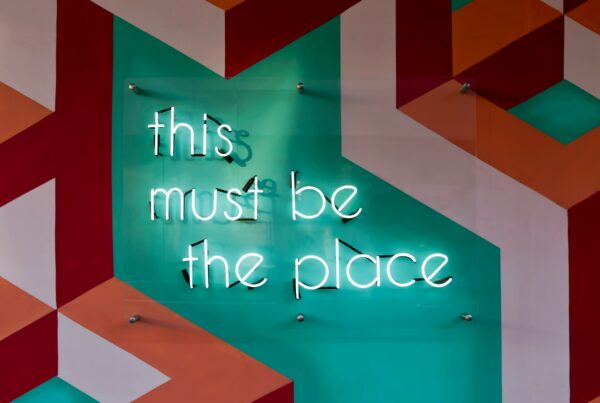The future of recruitment is evolving faster than ever before, and recruitment technology is playing a central role in reshaping how companies attract, assess and onboard talent. From artificial intelligence to immersive digital experiences, today’s hiring tools are smarter, faster, and more intuitive. As the competition for top talent intensifies, organisations must adapt their hiring processes to keep pace with these innovations. In this article, we explore the key technologies transforming recruitment and what they mean for employers looking to hire the best.
AI-Driven Screening and Shortlisting
AI-powered screening tools can process hundreds of CVs in seconds, identifying candidates who best match the job criteria. These systems use algorithms to assess skills, qualifications and past experiences, removing the need for manual sorting and significantly speeding up the early stages of recruitment. As a form of recruitment technology, AI screening enhances consistency and helps reduce unconscious bias, allowing employers to make more objective decisions about who progresses to the next stage.
Smart Video Interviews
AI-led video interviews are a powerful example of recruitment technology streamlining the candidate experience. Candidates can record their responses at a time that suits them, making the process more flexible and inclusive. These interviews are analysed using machine learning, assessing speech patterns, facial expressions and tone of voice to provide a consistent evaluation across all applicants. For employers, this means faster shortlisting, reduced scheduling conflicts, and the ability to revisit responses as needed.
Chatbots and Instant Candidate Engagement
AI chatbots are now a key feature in modern recruitment technology. They offer real-time responses to applicant questions, guide users through the application process, and keep candidates updated on their progress. This high level of responsiveness boosts engagement and improves the overall candidate experience. By automating routine communication, recruiters are freed up to focus on more strategic hiring efforts.
Digital Onboarding and Automation
Once a candidate is hired, recruitment technology continues to play a role through digital onboarding. From contract signing to training module delivery and access to company systems, onboarding platforms ensure a smooth and efficient transition from candidate to employee. Many systems now personalise the onboarding experience, enhancing connection and productivity from day one. Automation also helps maintain compliance and consistency across departments.
Virtual Reality and Immersive Experiences
Virtual and augmented reality represent the next frontier in recruitment technology. Employers are beginning to use VR (virtual reality) and AR (augmented reality) for remote job previews, interactive assessments, and even virtual office tours. These immersive experiences engage candidates more deeply, allowing them to visualise their future workplace and better understand the role, resulting in more informed decisions and higher retention rates.
Predictive Analytics and Data-Driven Hiring
Predictive analytics is a data-driven arm of recruitment technology that gives hiring teams the ability to forecast workforce needs, identify successful sourcing strategies, and evaluate which candidates are most likely to perform well and stay long-term. By relying on measurable trends rather than guesswork, organisations can make smarter and more cost-effective hiring decisions.
Prioritising Fairness and Ethics in AI
While AI is a powerful recruitment technology, it must be used responsibly. Ethical concerns around bias, such as language interpretation and cultural nuance, require careful oversight. Employers should regularly audit AI tools and ensure they are inclusive and fair to all applicants. Transparency in how recruitment technology is applied can help build trust and create a more equitable hiring process.
The Human-Tech Partnership
Even with advanced recruitment technology, the human element remains essential. Tools can streamline admin-heavy tasks like screening and scheduling, but they can’t replace the empathy and insight that recruiters bring to the table. The best recruitment strategies combine automation with relationship-building to ensure candidates feel heard, respected, and valued throughout their journey.
Benefits for Employers and Candidates Alike
The benefits of recruitment technology are clear for both sides. Employers gain efficiency, consistency, and access to richer data. Candidates enjoy faster feedback, easier application processes, and a more transparent experience. With AI screening, video interviews, chatbots and onboarding tools, recruitment technology simplifies and strengthens every step of the hiring journey.
Conclusion


